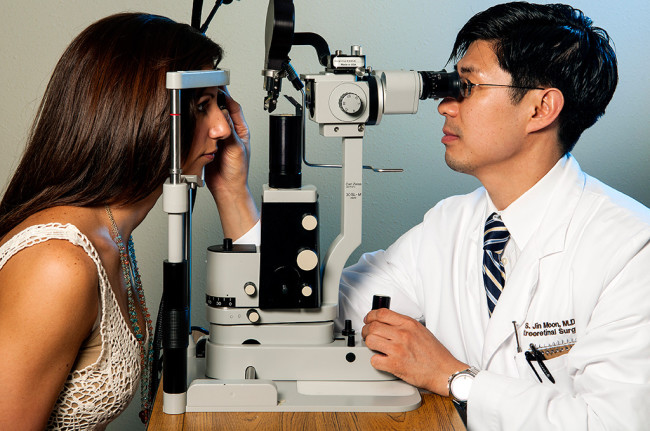The Center for Retina and Macular Disease plays a critical role in diagnosing, treating, and managing conditions that affect the retina and macula. These specialized medical facilities focus on disorders that can impact vision, such as age-related macular degeneration (AMD), diabetic retinopathy, and retinal detachments. For individuals experiencing symptoms of retinal or macular diseases, these centers offer advanced care and state-of-the-art treatments aimed at preserving and improving vision.
Key Functions of a Retina and Macular Disease Center
- Diagnosis of Retinal and Macular Conditions: These centers use sophisticated imaging and diagnostic technologies to accurately diagnose various conditions affecting the retina and macula. Tools like optical coherence tomography (OCT), fluorescein angiography, and fundus photography are commonly employed.
- Treatment Options: Treatment at these centers can include a range of options depending on the condition:
- Injections for AMD and Diabetic Retinopathy: Medications such as anti-VEGF agents are often injected into the eye to slow the progression of diseases like AMD and diabetic eye disease.
- Laser Therapy: Used to seal or destroy leaking or abnormal blood vessels in the retina.
- Vitrectomy: A surgical procedure to remove the vitreous gel in the eye, often used in cases of retinal detachment or severe diabetic retinopathy.
- Regular Monitoring and Follow-Up: Retinal and macular diseases often require ongoing monitoring to assess the effectiveness of treatments and to adapt strategies as the condition evolves.
- Research and Clinical Trials: Many centers also participate in clinical research and trials, contributing to the development of newer and more effective treatments for retinal and macular diseases.
What to Expect When Visiting a Center
- Comprehensive Examination: Initial visits typically involve thorough examinations to determine the specific type and severity of the retinal or macular disorder. Be prepared for detailed eye exams and possibly multiple tests.
- Discussion of Treatment Options: Specialists will discuss potential treatment options, outlining the benefits, risks, and expected outcomes of each.
- Long-Term Care Planning: Due to the chronic nature of many retinal diseases, long-term care strategies and regular follow-ups will be planned.
Choosing the Right Center
- Expertise and Experience: Look for centers with a team of highly specialized ophthalmologists who have extensive experience in treating a wide range of retinal and macular diseases.
- Advanced Technology: Ensure that the facility uses the latest diagnostic and treatment technologies, as advancements in medical equipment can significantly impact the quality of care.
- Patient Reviews and Satisfaction: Consider feedback from other patients who have been treated at the center to gauge their satisfaction with both the clinical care and the overall service.
- Accessibility: Regular visits may be necessary, so consider the location and accessibility of the center.
Importance of Early Intervention
Early detection and treatment are crucial in managing retinal and macular diseases effectively. Symptoms like visual distortions, difficulty seeing in low light, and noticeable vision loss should prompt an immediate consultation with a specialist. Early intervention can often prevent or significantly slow down the progression of vision loss.
Conclusion
The Center for Retina and Macular Disease offers essential services for individuals experiencing serious eye conditions that can affect vision quality and overall quality of life. By providing specialized care through advanced treatments and technologies, these centers play a vital role in helping patients manage their conditions effectively and maintain their vision. If you or someone you know is facing symptoms of retinal or macular disease, seeking out a specialized center can be a critical step towards receiving the best possible care.



